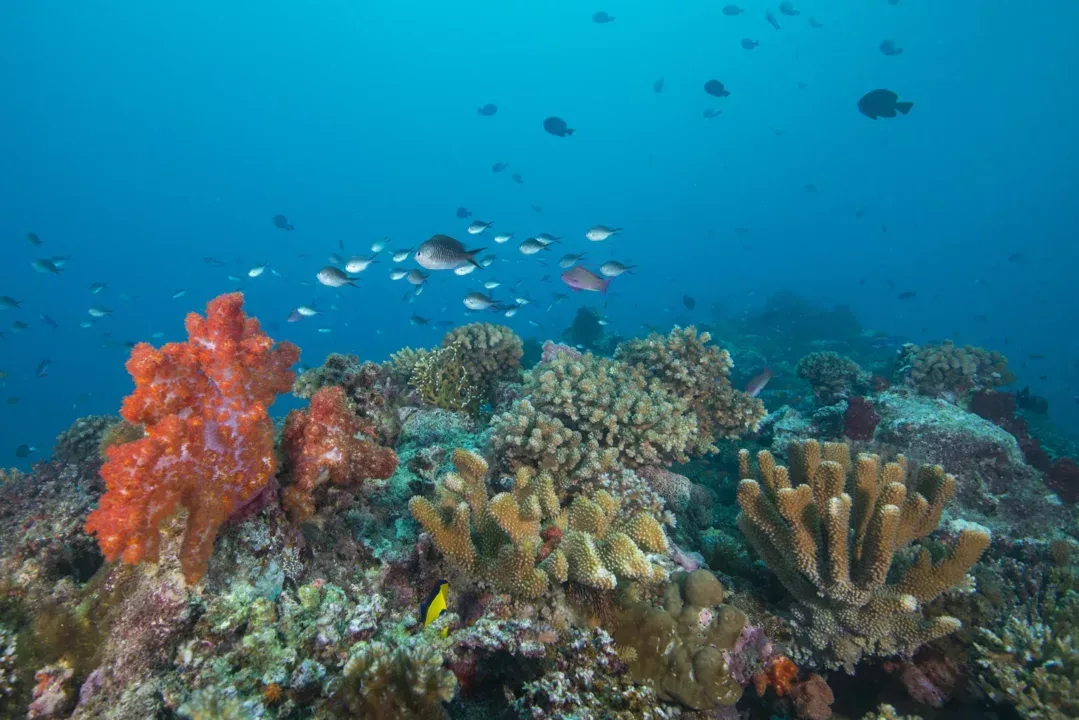The 10th Pacific Island Conference on Nature Conservation and Protected Areas, the biggest virtual event in the Pacific region in 2020, was held on the 24th-27th November 2020 in New Caledonia.
The three-day conference ended on a high note this evening, with 13 Pacific island countries and territories, partner countries, and the Heads of Organisations of 12 members of the Pacific Islands Round Table for Nature Conservation endorsing the Vemööre Declaration, which sets out commitments to nature conservation actions in the Pacific 2020-2025.
“Vemööre” is a term in the Kwenyï language spoken by people from the Isle of Pines in New Caledonia. It is used to highlight a collective commitment and responsibility to implement the principles of life, to preserve balance, to build alliances, and to respect the word between people and between the spirits of our environment.
The Declaration directly states that the global biodiversity crisis is an “existential threat to the Pacific Ocean, the Pacific islands, and to Pacific peoples”. Under the Vemööre Declaration, Pacific island countries and territories declared that the global biodiversity crisis is urgent and that transformative action must not be delayed, as the crisis is an existential threat to the Pacific Ocean, the Pacific islands, and to Pacific peoples.
Within the Declaration there are five key areas under which there are different action tracks, these are actions that governments and environmental organisations recognise, endorse and are committed to implementing.
These five key areas are:
- Our Ocean.
- Our Islands.
- Our Connection with Nature.
- Implementation.
- Call to Action.
In total there are 21 action tracks that governments and heads of organisations have recognised, endorsed and are committed to implementing.
During the conference, the State of Environment and Conservation in the Pacific Islands: 2020 Regional Report was launched. It provides a bleak picture of biodiversity in the region, catalysing the call for action.
Source: The SPREP website

